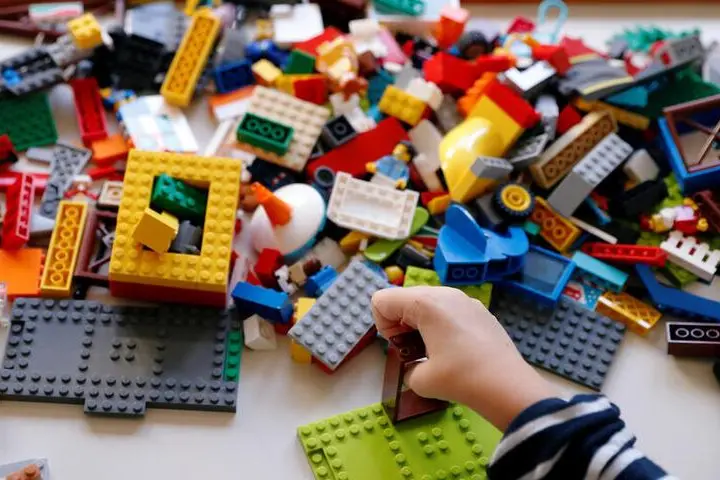PHOTO
COPENHAGEN - Lego expects to begin selling toy building bricks made from recycled plastic bottles in 18 to 24 months, having found a suitable green alternative to oil-based plastic, the Danish toymaker said on Wednesday.
Lego's search for an alternative material has been a challenge, with almost 150 engineers and scientists testing many different plant-based and recycled materials over the past six years.
"We are super excited about this breakthrough," said Tim Brooks, Lego's vice president of environmental responsibility.
"We want our products to have a positive impact on the planet, not just with the play they inspire, but also with the materials we use."
Lego, which uses some 100,000 tonnes of plastic in its products each year, said it will use recycled material from plastic bottles that are certified as safe to handle beverages in Europe and the United States.
A one-liter plastic water bottle will yield about ten standard Lego bricks.
Since 2018, the company has made some of the less rigid parts of Lego sets, such as plants and trees, from bio-polyethylene made from sugarcane.
But using such materials for harder bricks has proven challenging, while maintaining the shape, feel and safety for children.
Lego said last year it would invest $400 million over three years to step up efforts to use sustainable materials and that it aimed to replace plastic bricks with ones made from sustainable materials by the end of the decade.
Lego has applied for a patent on its mix of recycled plastic bottles and a strengthening additive. So far, the bricks have a slight grey tint, but the company is refining the material colour and how the bricks grip together.
The company expects to bring the prototype 2x2 and 2x4 bricks to market in 18 to 24 months and will continue to test the material on various brick types.
Rival toy maker Mattel , best known as the maker of Barbie dolls, in 2019 announced it aimed to produce its plastic toys from recycled, recyclable or bio-mass plastics from 2030.
(Reporting by Tim Barsoe; Editing by Jacob Gronholt-Pedersen and Bernadette Baum) ((Tim.Barsoe@thomsonreuters.com;))





















